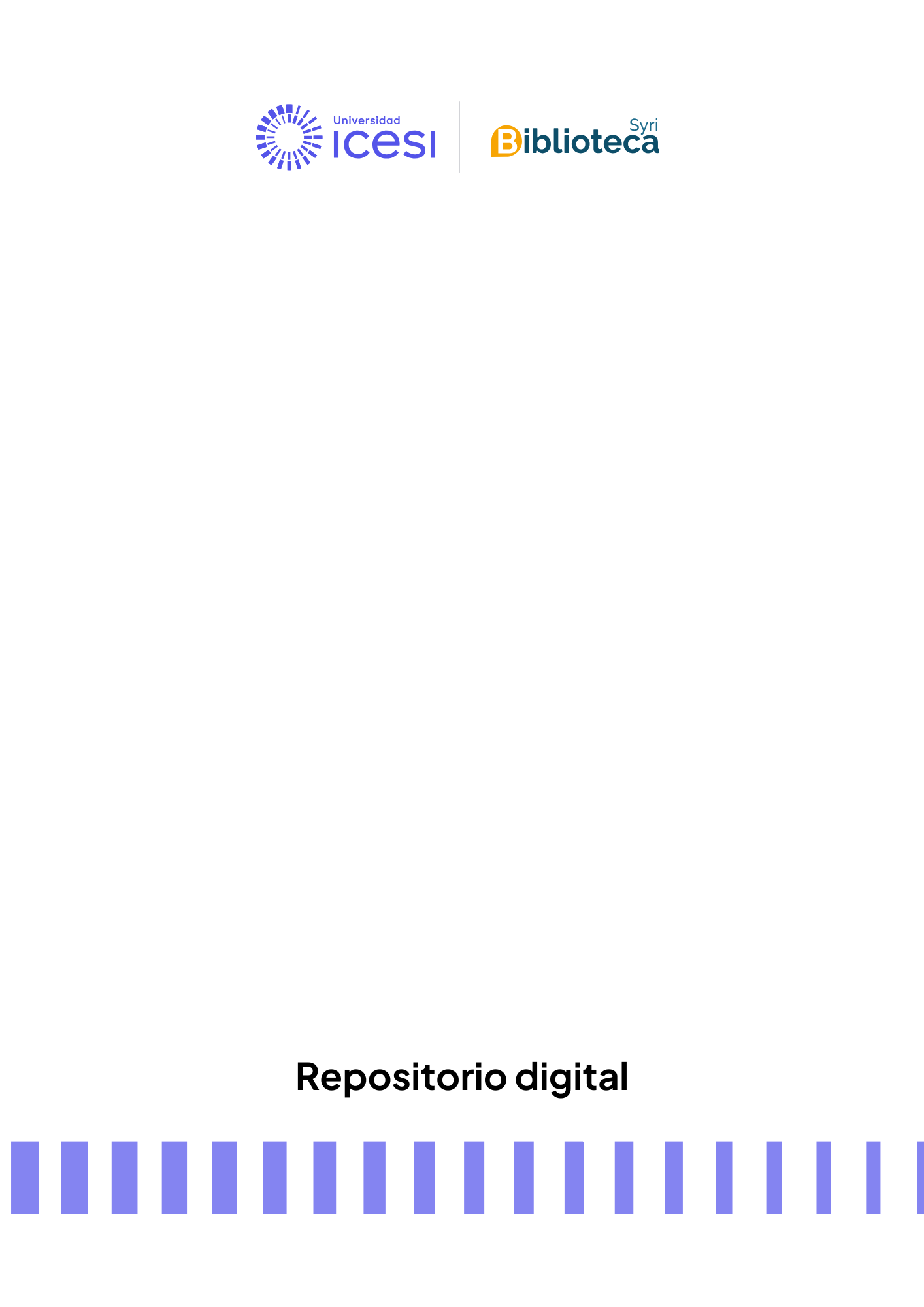Co-creation in conventional and collaborative businesses

Archivos
Fecha
Autores
Director de tesis/Asesor
Título de la revista
ISSN de la revista
Título del volumen
Publicador
Editor
Compartir
Resumen
This study sought to understand how consumer predisposition to co-creation varies between conventional and collaborative fashion
businesses. To this end, an inductive research of quantitative nature was performed through a quasi-experiment in which two scenarios were
constructed: collaborative business and conventional business. Data were obtained through a questionnaire that measured the consumer’s
perception with regard to dialogue, access, risks and benefits and transparency (DART) following the experiment’s design. Statistical
analysis consisted of descriptive, reliability, factorial and means comparison. Data analysis indicated the rejection of some hypotheses.
It was concluded that there are differences in the two types of business in terms of their predisposition to co-creation, with conventional
businesses exhibiting a greater predisposition to co-creation than collaborative businesses.

